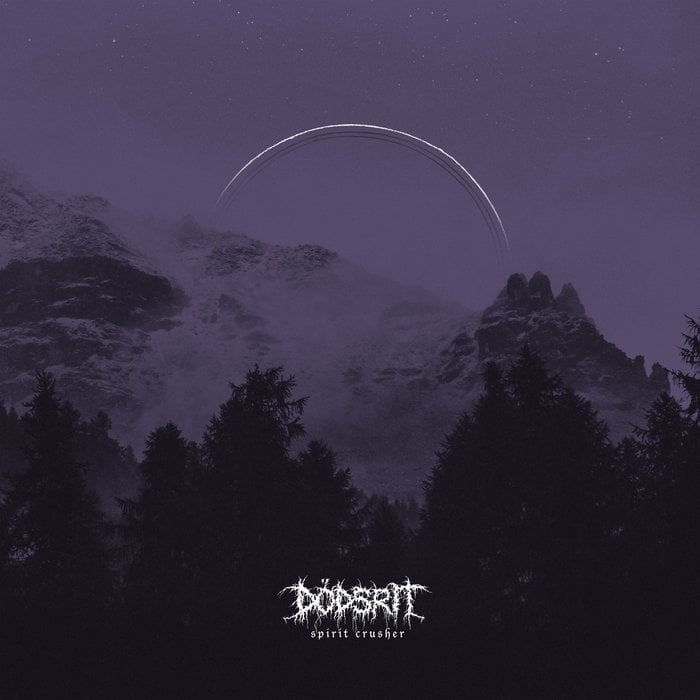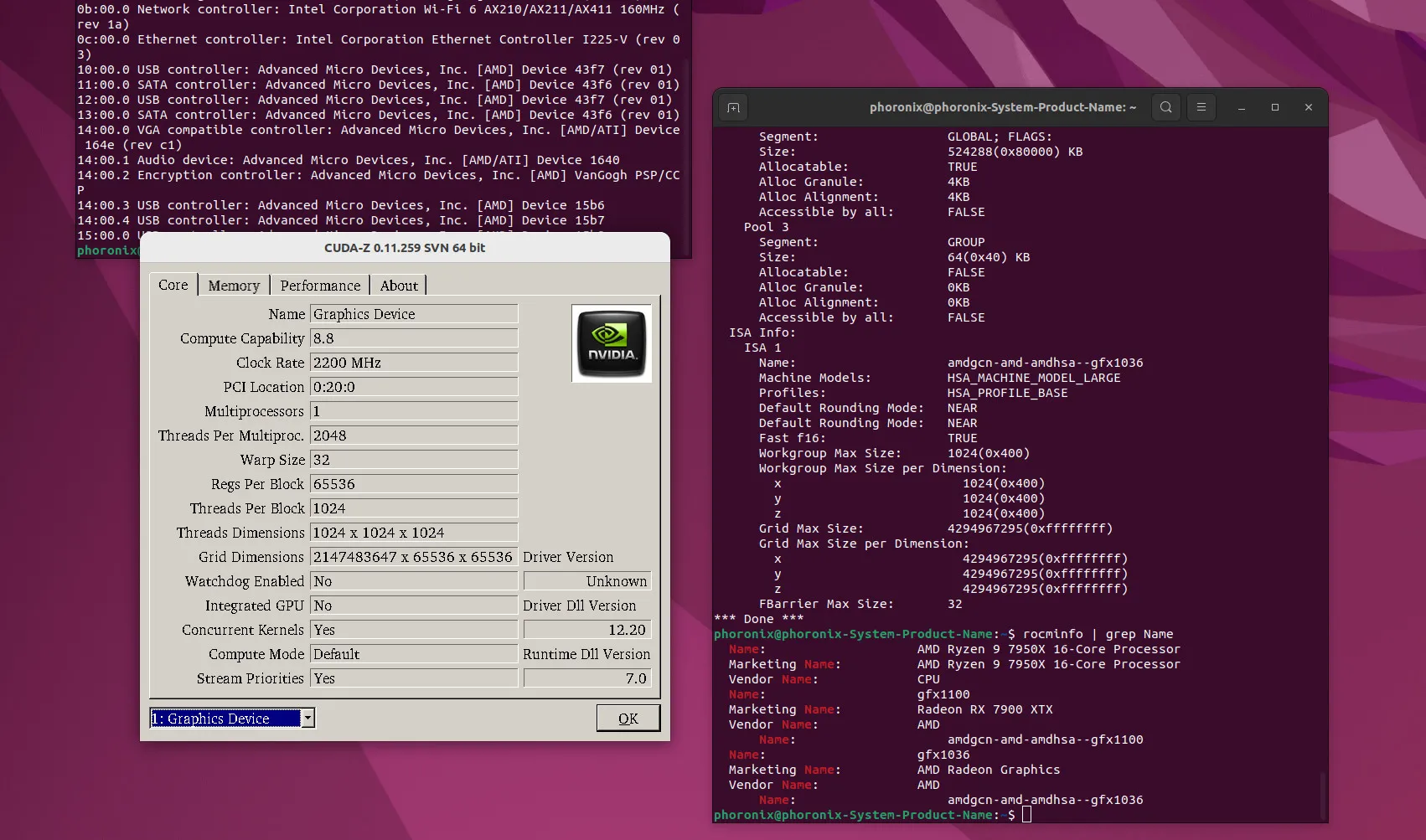

Maybe they are planning to take back that spectrum they gave to Boost/Dish on a pinky-promise that they’d actually become a competitive network, during the Sprint and T-Mobile antitrust case.
Which would fit with the FCC’s increasingly mob-like behaviour under Trump.















Signal has been a good option because you can get “normal” people to use it, which hasn’t been true for many of the alternatives (except Telegram, but that’s a mess).